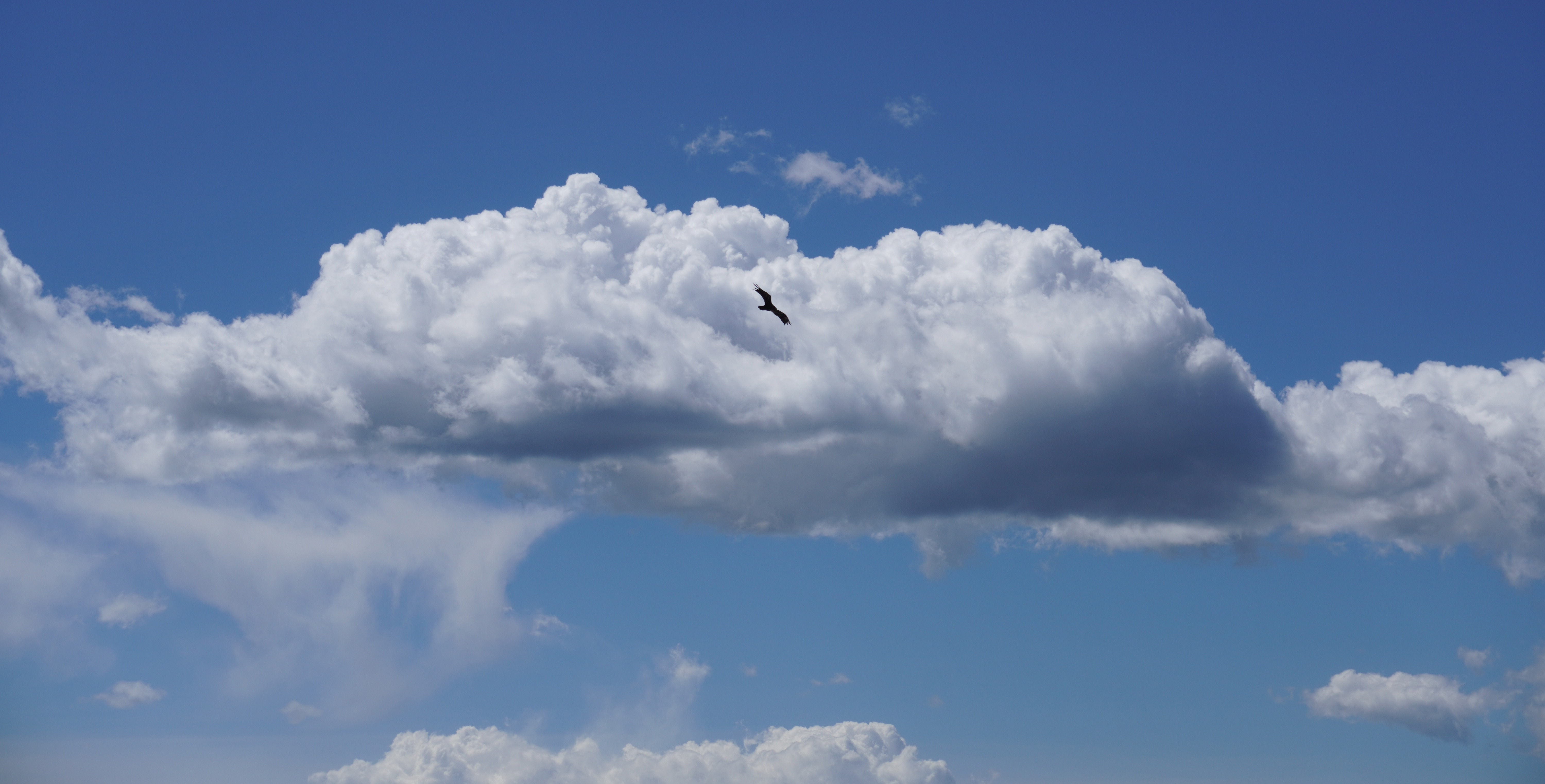I have spent my adult life applying science and engineering principles to support water, sustainability and environmental protection. As an analytical thinker, I used to be baffled by the lack of action to change our behaviors to address the imminent environmental crises. As I read about the climate change discussions in Madrid this month, however, I began to realize that the collective conversation that I have been a part of may be a reason for the inaction. The tone and language are negative and fearful. “We are not doing enough.” “There will be catastrophic consequences.” There is a lot of blame, shaming and finger pointing.
What if it is the feeling of crisis that is preventing us from acting? Feeling bad about the environment may in fact be part of the problem. When you feel bad about something part of you shuts down. You have a sense of not being good enough and wonder “why bother”. What can you do about it? There must be experts somewhere working on all this who are more qualified than you right?
When you hear accounts of environmental issues, they often include lots of facts and figures from scientific experts. You are given recommendations for actions you can take to contribute to the solution like eliminating plastic, recycling and conserving water. It can be overwhelming to process. When you layer on the demands of our individual daily lives it gets even harder. I know, because I too struggle to keep up with all the do’s and don’ts, and this is my profession. I have a secret…. I don’t always recycle everything, I sometimes buy water in plastic bottles, I enjoy long hot showers and have thrown a baby wipe or two in the toilet in my lifetime. I should know better, right? Do I judge myself for this? Yes. Does judging and feeling bad help the environment? No.
What if we consider the lessons of experts in psychology and holistic health as we look to address climate change and environmental concerns? We can learn a lot about how to enable positive change from the work of thought leaders like Martin Seligman, Brene Brown and Deepak Chopra. There are some amazing opportunities for us as humans to facilitate the healing, and it begins with replacing fear and shame with love and understanding. What does love and understanding have to do with climate change you may be thinking. Quite a lot I believe.
Here are some important principles from their work that I have come to appreciate, and that I believe can enable us to re-frame the conversation about the environment and ignite positive change.
- We are all connected, to each other and to the environment around us. When we create an us versus them attitude, we are hampering the power of that connection.
- Everyone is doing their best at any given time. Replacing judgement with empathy and understanding will facilitate the connection needed to transform.
- Our brains are incredibly powerful healing tools and we can rewire them to transform our health, wellbeing and environment.
- Love heals, and fear is the opposite of love. By using scare tactics about the demise of our world, we are using fear. If we want to heal, we need to use love instead.
Think about this in the context of climate change and environmental health. How do you feel when you hear about climate change and environmental concerns? Do you feel connected and inspired to act? Or, do you retreat because your to do list is already full of deadlines to meet, loved ones to care for and commitments to keep?
What if, instead of the to do list of changes in our behavior needed to heal the environment, everyone just took one simple act of appreciation. Take a moment to recognize the tree, flower, bird, river or beach that you see every day. What if we each just took a pledge to recognize one natural thing and acknowledge that our lives are somehow better for it being there? Take a moment to be grateful. Only a moment. Collectively, that is millions of moments every day. I have a theory. If we focus on gratitude our subconscious minds will begin to shift our behaviors in a positive, productive way. Not in a guilt-ridden way that exhausts and overwhelms us.

This is why you can stop feeling bad about the environment. We are all doing our best, and we need to accept what each of us can give, even if is just a simple moment of gratitude for the water coming from your faucet or tree out your window. This gratitude will change our individual and collective psychology, and replace fear with love, and love will heal.


